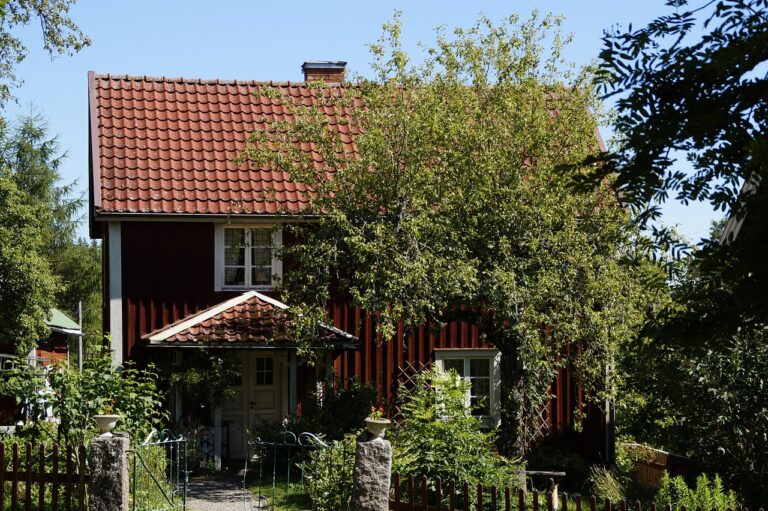Market Analysis: STEAM Integration (Science, Technology, Engineering, Arts, Mathematics), Outdoor Education, Experiential Learning, Environmental Science, Nature-Based Learning, Sustainability Programs, Educational Initiatives, and STEM Camps at Summer Camps: Allpaanel mahadev book, Lotus book 365 registration, Laserbook 247
allpaanel mahadev book, lotus book 365 registration, laserbook 247: Summer camps have long been a place for children to explore, learn, and grow outside of the traditional classroom setting. With the rise of the STEAM movement (Science, Technology, Engineering, Arts, Mathematics), outdoor education, experiential learning, environmental science, nature-based learning, sustainability programs, educational initiatives, and STEM camps have become increasingly popular at summer camps across the country.
These programs aim to provide children with hands-on learning experiences that not only educate them but also inspire a love for the natural world and a passion for learning. By integrating elements of science, technology, engineering, arts, and mathematics into outdoor education and experiential learning activities, summer camps are able to engage children in ways that traditional classroom settings often cannot.
One of the key benefits of these programs is that they help children develop critical thinking skills, problem-solving abilities, creativity, and teamwork. By participating in activities that require them to work together to solve real-world challenges, children learn how to collaborate, communicate effectively, and think outside the box.
In addition to STEAM integration, outdoor education, environmental science, nature-based learning, and sustainability programs provide children with a deeper understanding of the natural world and their role in preserving it. By learning about ecosystems, conservation, and environmental stewardship, children are able to develop a sense of responsibility for the planet and a desire to protect it for future generations.
STEM camps, which focus specifically on science, technology, engineering, and mathematics, are also gaining popularity at summer camps. These camps provide children with the opportunity to explore topics such as robotics, coding, engineering, and mathematics in a hands-on, interactive environment. By engaging in STEM activities, children are able to develop important skills such as problem-solving, critical thinking, and innovation.
Overall, summer camps that offer STEAM integration, outdoor education, experiential learning, environmental science, nature-based learning, sustainability programs, educational initiatives, and STEM camps provide children with unique opportunities to learn, grow, and explore in a fun and engaging environment. These programs help children develop a love for learning, a sense of adventure, and a passion for the natural world that will stay with them long after summer camp is over.
FAQs
Q: What age groups are these programs geared towards?
A: These programs are typically designed for children of all ages, with activities tailored to different age groups to ensure that all campers can participate and learn at their own pace.
Q: How can parents find summer camps that offer these programs?
A: Parents can research summer camps in their area and look for ones that specifically mention STEAM integration, outdoor education, environmental science, nature-based learning, sustainability programs, educational initiatives, and STEM camps in their program offerings.
Q: What are some examples of activities that children might participate in at these camps?
A: Some examples include building and programming robots, conducting science experiments, exploring the natural world through hikes and nature walks, learning about sustainable practices through hands-on activities, and participating in team-building exercises that promote collaboration and communication.







